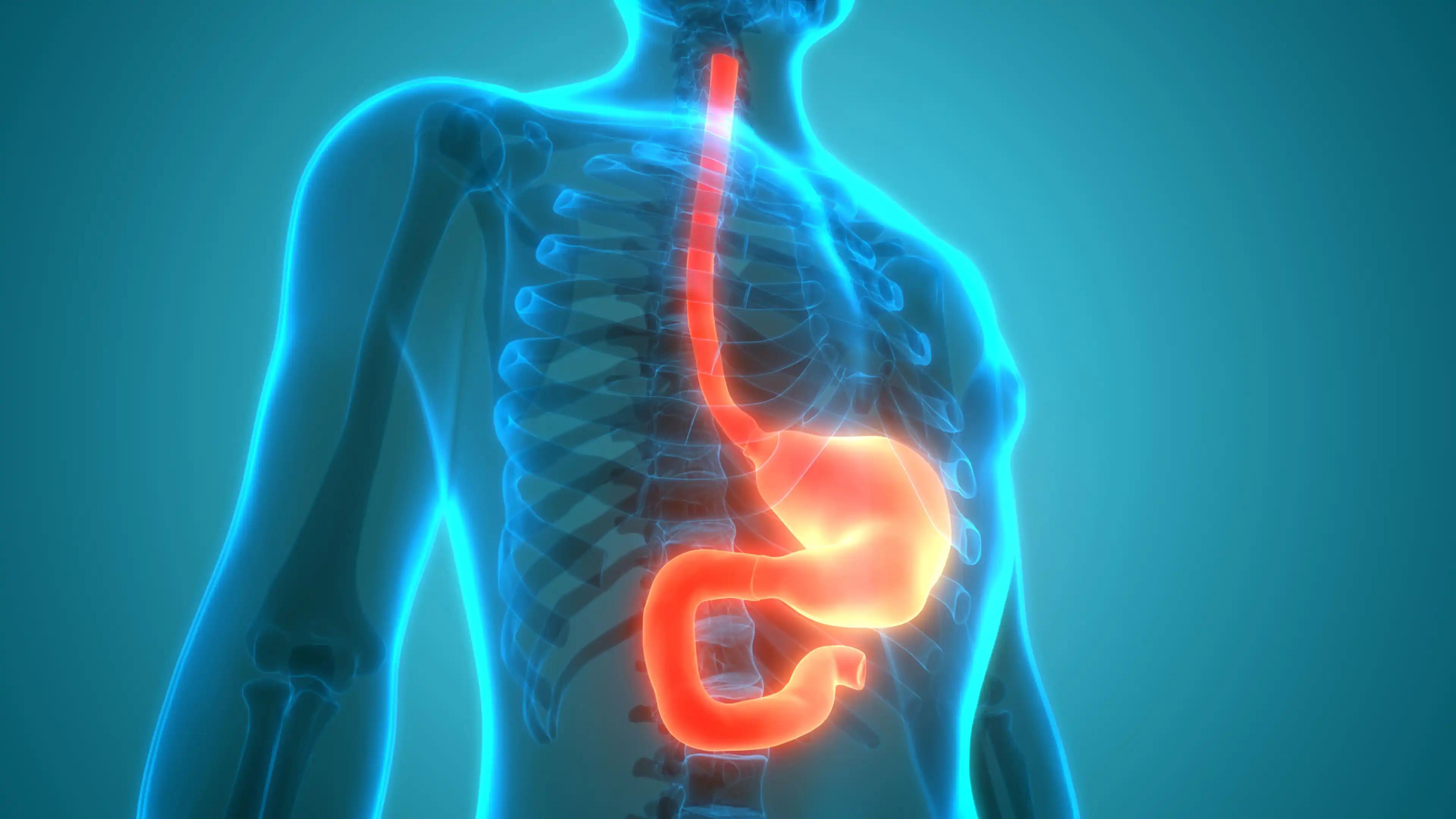KEY TAKEAWAYS
- The ARMANI phase 3 trial aimed to assess the efficacy of switching to consolidation maintenance or 2L therapy in pts with HER2-negative advanced GEJ cancer.
- The primary endpoint was PFS.
- The paclitaxel and ramucirumab switch maintenance consistently prolonged survival, despite molecular subgroups.
In patients (pts) with HER2-negative advanced gastric or gastroesophageal junction (GEJ) cancer and low or absent PD-L1 expression, switching to consolidation maintenance or initiating early second-line therapy may prolong the benefits of the initial treatment strategy and delay clinical deterioration.
Giovanni Randon and the team designed this trial to determine whether switching to consolidation maintenance or early second-line therapy can extend the benefits of the initial treatment strategy and delay clinical deterioration in pts with HER2-negative advanced gastric or GEJ cancer.
Researchers conducted a study involving pts with HER2-negative advanced gastric or GEJ cancer without progression after 3 months of initial oxaliplatin-based chemotherapy (chemo). These pts were randomly assigned in a 1:1 ratio in 2 treatment arms.
In Arm A, pts received ramucirumab + paclitaxel for additional 3 months. In Arm B, pts received either CAPOX (capecitabine and oxaliplatin) or FOLFOX (leucovorin, fluorouracil, and oxaliplatin) (CAPOX/FOLFOX) for additional 3 months, before the fluoropyrimidine monotherapy maintenance.
The primary endpoint was progression-free survival (PFS) evaluation. The study was designed to enrol 280 pts, with 90% power to detect a difference at a 5% level of significance (using a two-sided log-rank test). The study focussed on evaluating an increase in median PFS from 4 months to 6 months, with a target HR of 0.67. Furthermore, the study explored several biomarkers including PD-L1 combined positive score (CPS), Claudin 18 (CLDN18) expression, and mismatch repair (MMR) status using immunohistochemistry (IHC) as exploratory markers.
The results indicated that in pts with HER2-negative advanced gastric or GEJ cancer who did not show disease progression, post-initial oxaliplatin-based chemo, switching to ramucirumab + paclitaxel (Arm A) or continuing with CAPOX/FOLFOX followed by maintenance therapy (Arm B) had significant impacts on PFS and overall survival (OS).
Arm A demonstrated superior median PFS (6.6 months vs. 3.5 months), with an HR of 0.63, reflecting a 37% reduction in the risk of disease progression compared to Arm B. Similarly, Arm A demonstrated a longer median OS (12.6 months vs. 10.4 months) with an HR of 0.75.
Exploratory biomarker analyses with CLDN18 expression, PD-L1 CPS, and MMR status resulted in a non-significant association with treatment outcomes, advocating that the benefits of switch maintenance were consistent across these biomarker subgroups.
Specifically, a subgroup analysis of pts who were CLDN18 negative and had PD-L1 CPS < 5 demonstrated a trend towards enhanced PFS in Arm A compared to Arm B, although this difference was not statistically significant.
Furthermore, the study validated the efficacy of switching to ramucirumab plus paclitaxel or concurrent with CAPOX/FOLFOX followed by maintenance resulting in prolonged PFS and OS in pts, pinpointing the potential benefit of switch maintenance strategy in advanced gastric and GEJ cancers.
The study concluded that paclitaxel and ramucirumab switch maintenance consistently prolonged survival irrespective of the investigated clinical and molecular subgroups.
The trial was sponosored by Fondazione IRCCS Istituto Nazionale dei Tumori, Milano.
Source: https://cslide.ctimeetingtech.com/esmogi24hybrid/attendee/confcal/show/session/17
Clinical Trial: https://www.clinicaltrials.gov/study/NCT02934464
Randon G, (2024). “Switch maintenance with ramucirumab plus paclitaxel versus continuation of oxaliplatin-based chemotherapy in advanced HER2-negative gastric or gastroesophageal junction (GEJ) cancer: Final results and key biomarkers of the ARMANI phase III trial.” Presented at ESMO-GI 2024, (Abstract LBA4).



